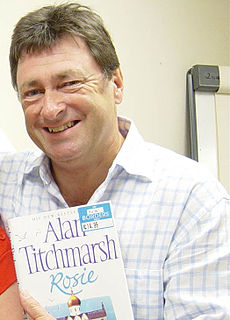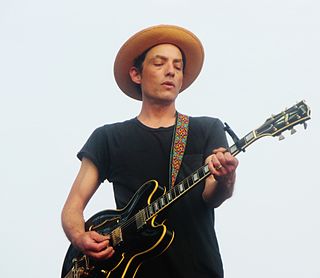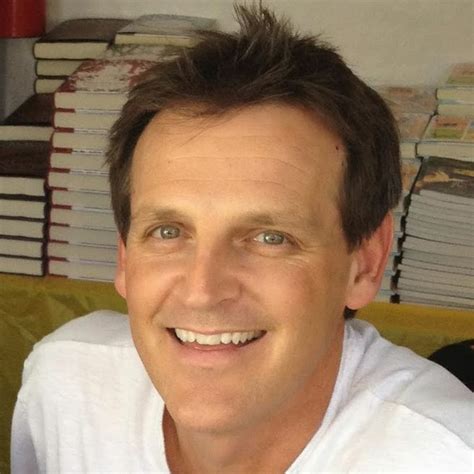A Quote by Molly Antopol
Years ago I read an interview with Paula Fox in which she said that in writing, truth is just as important as story. Reading that interview was the first time I really understood that there's no point in trying to impress people with my cleverness when I can just try to write honestly about what matters most to me.
Related Quotes
The truth is that I used to read J.J. bedtime stories. He came up to me at the FOX commissary about four years ago and he said, "Do you remember what you gave me for my Barmitzvah?" I said no. He said, "You gave me the annotated Sherlock Holmes and my son is reading it now." It was the gift that kept on giving.
I've always liked elliptical writing, whether it's Kafka or Paula Fox, and I'm often bored by writers who explain too much. I think that becomes journalism. Mostly I don't try to explain to readers who somebody is - I just write about the somebody. I'm thinking through ideas. And I have the sense that, if you're reading this, you have some interest.
I see in the FBI 302, which was put out on Memorial Day weekend in print about this big where you needed to use a magnifying glass to read it, but I read it twice, I saw something that really concerned me.It said Hillary Clinton can't remember her exit interview from the CIA because she had no memory for a period of time after she had a concussion. She was secretary of state when she had no memory. Now there's something really seriously wrong with it.
When I was a kid, I'd go to the African-American section in the bookstore, and I'd try and find African-American people I hadn't read before. So in that sense the category was useful to me. But it's not useful to me as I write. I don't sit down to write an African-American zombie story or an African-American story about elevators. I'm writing a story about elevators which happens to talk about race in different ways. Or I'm writing a zombie novel which doesn't have that much to do with being black in America. That novel is really about survival.
I remember reading an interview with a writer who said that in nonfiction if you have one lie it sort of messes it up. But in fiction the real details give you so much more credibility, because people do so much research just to write fiction. In fiction you're trying to recreate something lifelike.
I was doing an interview with Charlie Rose and he said, "What do you think about Margaret Thatcher?" - and I had not heard she had died at this point - and he said, "Is there any kind of Shakespearian overtone here?" I said, "Well, actually, Julius Caesar, because ever if a politician was stabbed in the back, it was Mrs. Thatcher, by all her conspiratorial cabinet, which really did just stab her in the back." It's a rather interesting resonance.
I read an interview with Daniel Woodrell once where he said something like, basically, if people had said what they said to him in a bar instead of workshop, he would have punched them...and I finally understood that when in a class with my wife. Every time someone said something about her work, I wanted to climb across the table and stab them in the neck with my pen. And these were people I liked and respected.






































